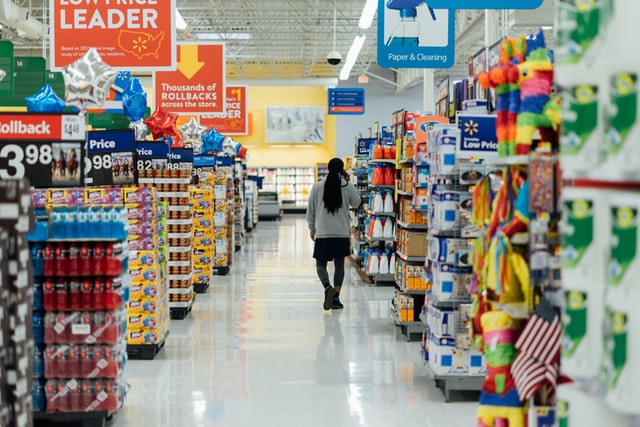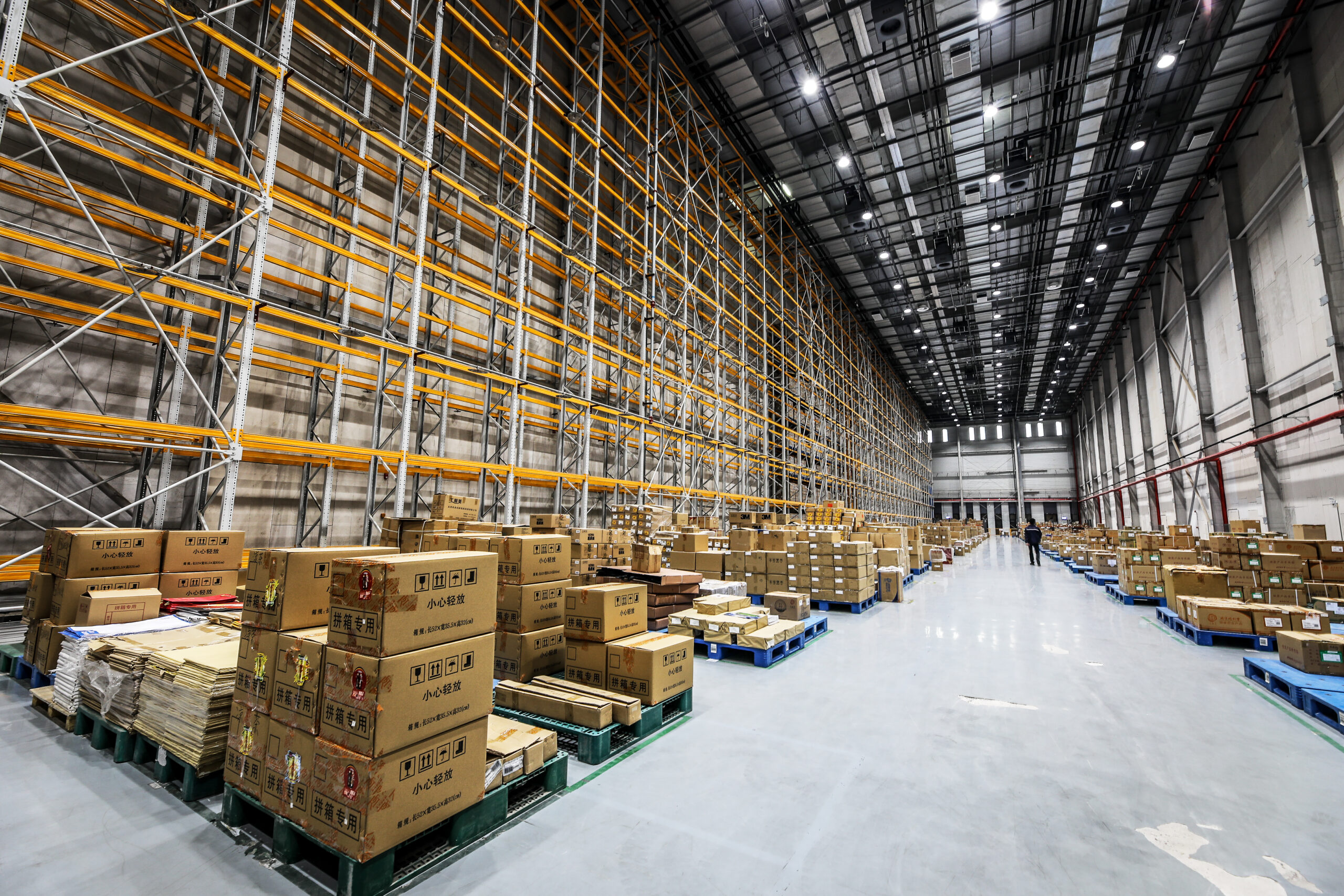Online retail has been booming during the last 15 months. Once shops opened, many were quick to point at the return of the consumer to brick-and-mortar. James Smith, Managing Director, Autostore UK & Ireland, speaks to The Logistics Point Magazine June 2021 about the future of retail, e-commerce and automation in the supply chain.
‘We were promised a retail recovery,’ Smith begins, ‘and a year-on-year comparison shows about a 9% improvement in sales between March 2020 and March 2021.’ Despite the good news the sector is still around 3% below where it was in 2019. In addition to that, the footfall has not recovered as much as expected and it is around 20-30% lower than what it was in 2019.

Behind the numbers
For Smith these numbers demonstrate a few trends. People switching to online shopping and staying there despite shops reopening. ‘They have had a good experience and remain online. Also they simply do not feel comfortable going back onto the High Street,’ he explains. A significant percentage of consumers have also taken on premium online services which allow them preferential access to delivery slots and discounts. This doesn’t mean that the High Street will not recover but many of its traditional customers are just not going to return there.
For companies like Autostore, which specialise in e-fulfilment, that will mean expanding their reach. The demand for last mile fulfilment is growing and retailers will need more logistical help with being able to serve online consumers in a matter of hours.

Companies working in the automation market will be positioned in a way they can add value to operations for different consumers – those who still want to shop the traditional way, those who prefer Click&Collect, and the group that is interested in online only.
‘Having urban fulfilment facilities is something that the supply chain industry will just have to do,’ believes Smith. ‘We think there will be more micro-fulfilment centres and more urban fulfilment centres too.’ This could eventually lead to redefining the High Street and recreating shops that are currently closed. Such places can operate in high-demand and be utilised for the last mile fulfilment. The expectation is that all of this will drive the demand for automation and technology.
Macro picture
Smith says the supply chain industry at the moment is heavily reliant on a centralised model. The incident in the Suez Canal shows how one single vessel can stop the whole international chain. ‘Even at a country level we still very heavily rely on centralised fulfilment,’ Autostore’s director for UK & Ireland explains. Warehouses are large and many of them are still based around people.
The demand of consumers would change that model. A centralised warehousing model cannot facilitate the speed consumers are asking for.
‘Sustainability and environmental delivery methods are becoming more prevalent in people’s mind,’ Smith adds. Companies are picking up on that as consumers are more interested in shopping at retailers who have good green credentials. A recent example is how IKEA is planning to buy old furniture. By growing their sustainability initiatives companies will also be able to take more market share and gain new consumers. ’All of these trends rely on better types of automation,’ Smith believes.
Redefining space
For Autostore redefining existing space will be a huge driving force. The company is looking at making better use of the space that is already available. The solution to making existing space more efficient might be bringing a solution like Autostore’s which can improve people’s productivity and creates a better working environment.
This could actually mean better staff retention because you improve the conditions and you do not need to relocate. Quite often relocation means that you risk losing the existing warehouse workers,’ Smith explains.
Companies will also have to think where they will take more people from, as many have moved out of the country either due to working conditions in their home countries improving or because of some Brexit uncertainties. To retain workers, warehouses will have to increase their standards and provide additional help.
UK & Ireland
Autostore sees great potential in the UK and Irish markets. ‘There are a lot of warehouses in the region with aging technology and that is a huge potential for us. Specifically in Ireland there is a large potential for supply chain companies concerned by the implications of Brexit on border or import/export of goods. In the UK, we see a lot of potential in supply chain optimisation and de-centralisation, Smith says.
The company is betting on urban fulfilment and a more local approach, based on the growth of companies like Deliveroo providing ultra fast, last mile delivery services. To add to that, many large manufacturers are looking into ways to supply their products directly to the consumers and to do that they will need urban fulfilment centres. ✷


